Did you ever ask yourself why there are so many small and medium enterprises that cannot stay on the workforce demands nowadays? The solution can be improved in terms of HR management. To SMEs, digital HR is not merely a means; rather, it has become a lifeboat to desktop survival and expansion.
The Shift From Traditional To Digital HR
The years of paper records, manual payroll, and inexhaustible spreadsheets are rapidly disappearing. To compete with bigger organizations, SMEs are expected more than ever to provide the efficient and positive employee experience that an organization of this type claims to have. In the absence of digital HR solutions, the bottlenecks accumulate and the processes are slowed down. The employees want to receive faster answers, the managers insist on having real-time information, and business leaders need to have clear systems.
Why SMEs Cannot Delay Adoption
Digital transformation in HR is not only about technology. It is about staying relevant in a rapidly changing world of work. For SMEs, the benefits outweigh the hesitation:
● Time efficiency: Manual tasks like attendance tracking and leave approvals consume hours. Digital HR tools free up valuable time.
● Cost optimization: Investing in HR software reduces long-term overheads by streamlining payroll, compliance, and employee records.
● Employee engagement: With self-service portals and digital communication tools, employees feel more empowered.
● Scalability: As SMEs grow, digital systems expand without the need for repeated restructuring.
Enhancing Workforce Management
Workforce management has evolved into a data-driven practice. By adopting digital HR, SMEs gain access to analytics that highlight workforce trends, productivity gaps, and attrition risks.
This data-driven approach ensures better decision-making, helping leaders act before challenges turn into crises. SMEs that delay this shift often find themselves struggling to attract and retain talent in competitive markets.
Addressing HR Challenges Through Digital Tools
SMEs often face common HR challenges:
● Compliance with labor laws
● Managing hybrid or remote teams
● Recruiting skilled employees quickly
● Retaining talent in competitive industries
Digital HR platforms bring solutions that simplify compliance, provide integrated payroll systems, support virtual onboarding, and enhance performance management. What once felt overwhelming can now be managed with a few clicks.
Future-Ready HR For SMEs
The workplace is evolving, with flexible models and remote-first approaches becoming the norm. SMEs that integrate digital HR are not only solving current challenges but also preparing for the future. A workforce that experiences seamless processes, quick communication, and fair evaluations is more likely to stay loyal and productive.
Conclusion
The choice for SMEs is clear. Digital HR is not a luxury anymore, it is an operational necessity. Those who adapt gain speed, accuracy, and stronger employee relations. Those who delay risk falling behind in a world where agility defines success.
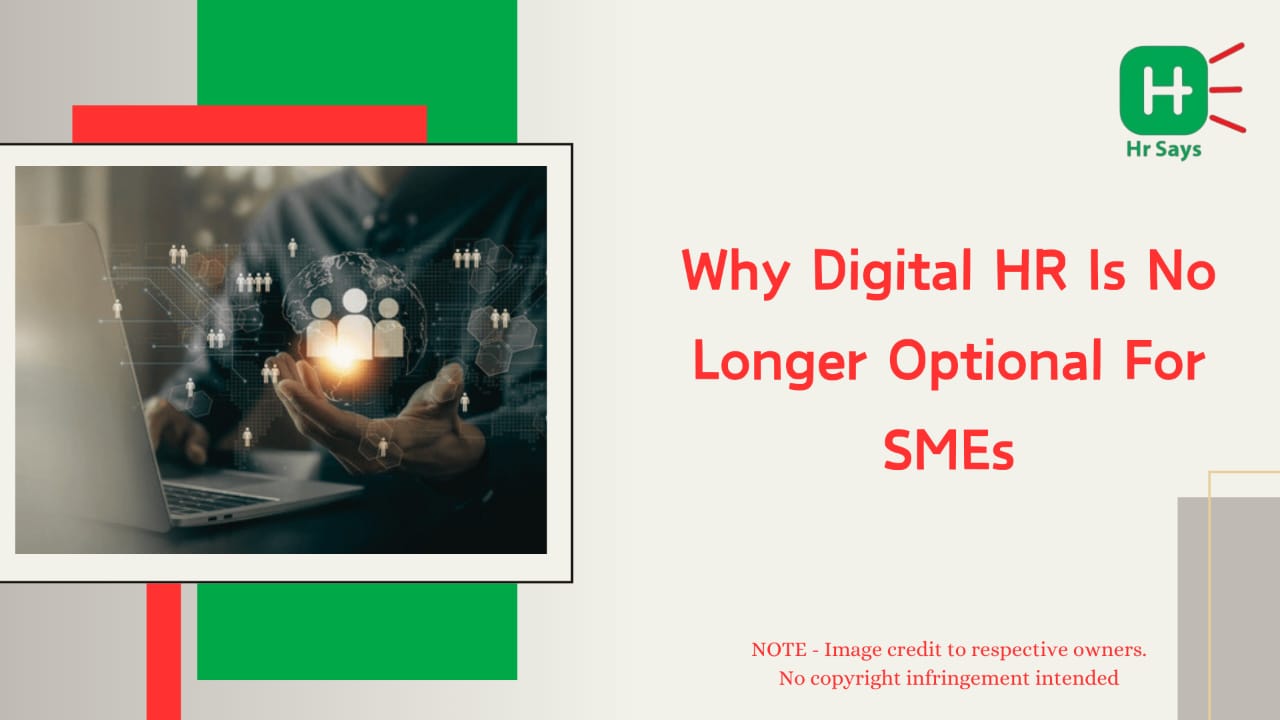
 Digital HR has become essential for SMEs to survive and grow. From saving time and reducing costs to improving employee engagement and compliance, digital tools address pressing challenges while preparing businesses for a future-ready workforce.
Digital HR has become essential for SMEs to survive and grow. From saving time and reducing costs to improving employee engagement and compliance, digital tools address pressing challenges while preparing businesses for a future-ready workforce.








.jpeg)
.jpeg)
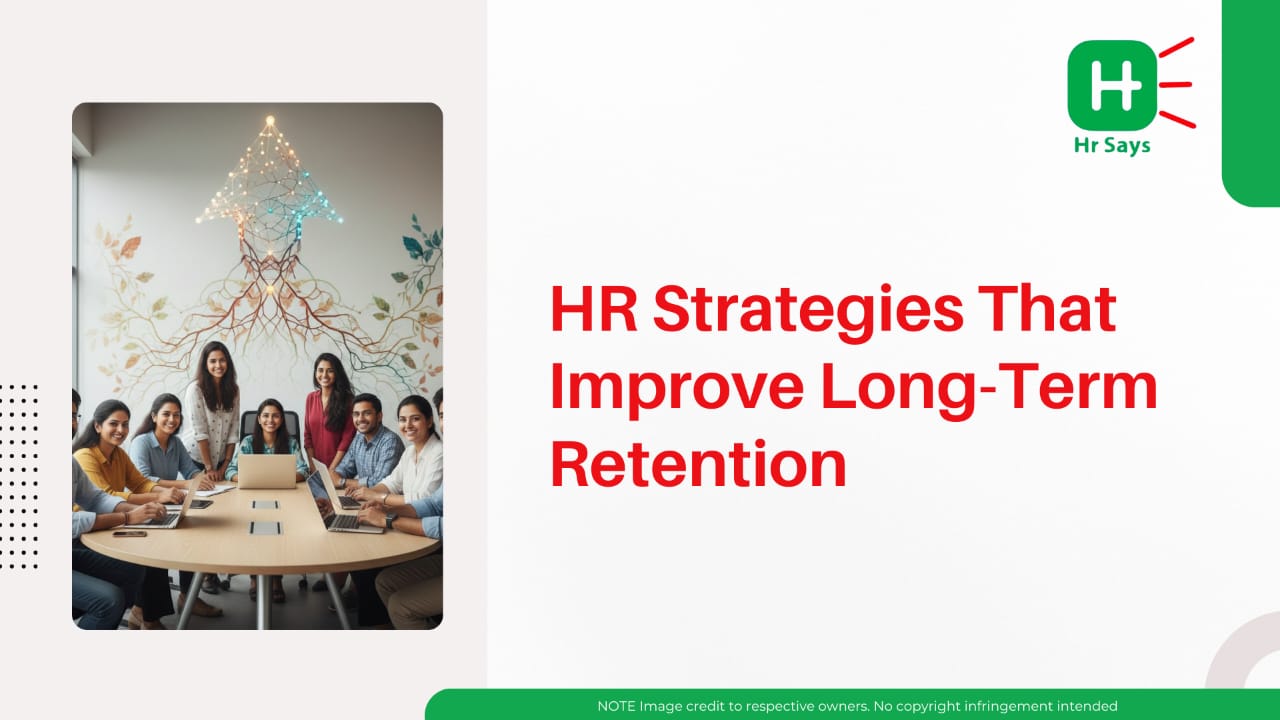
.jpeg)
.jpeg)
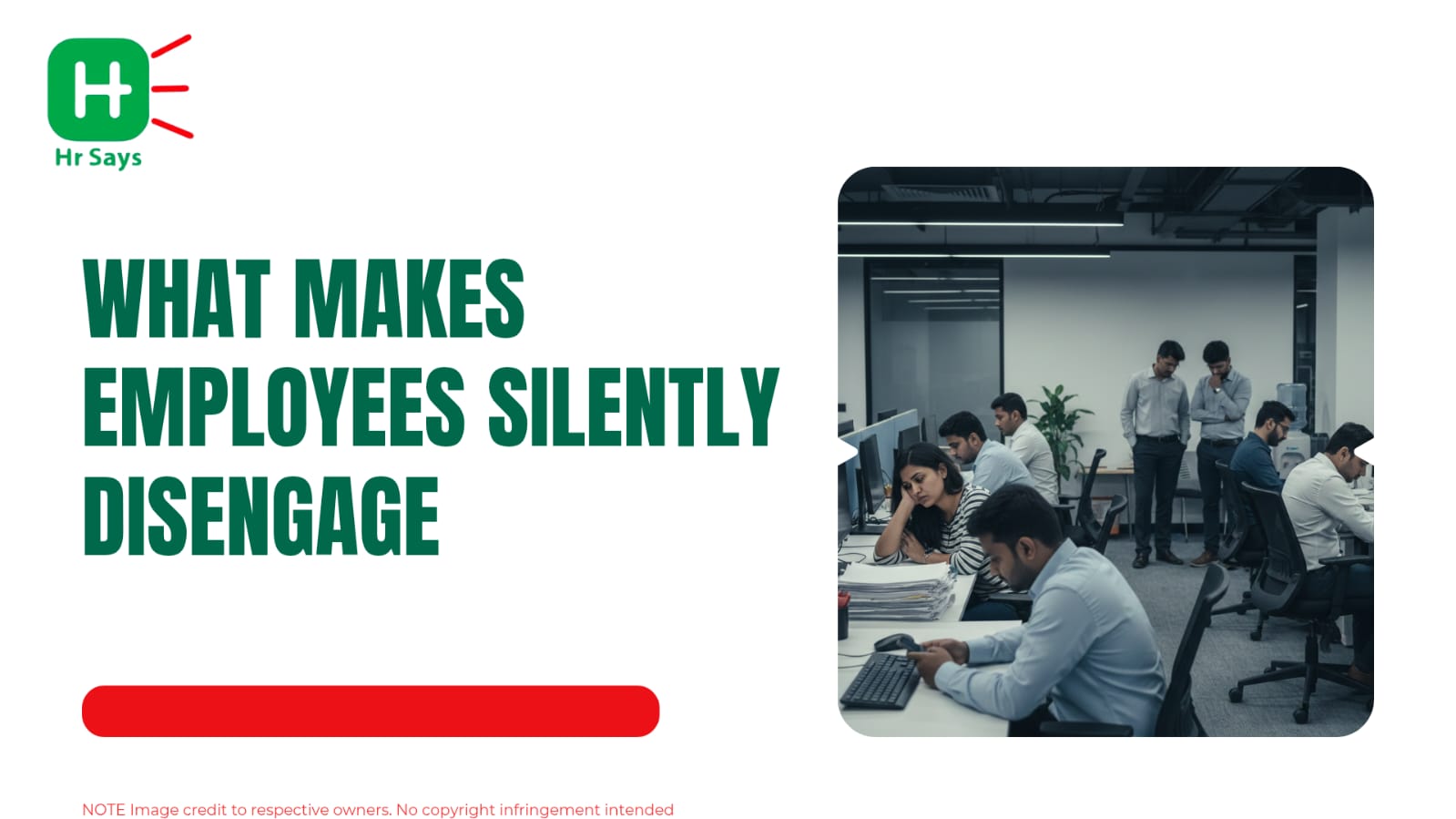

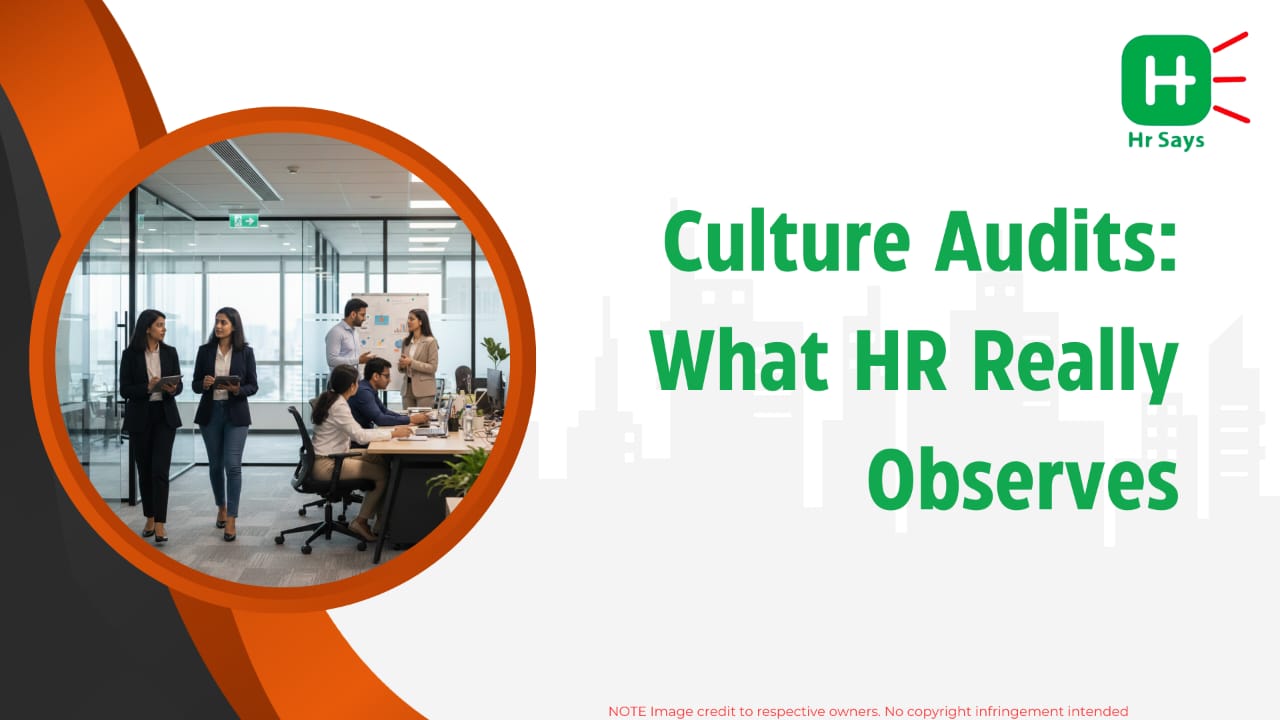
.jpeg)

.jpeg)


.jpeg)

.jpeg)

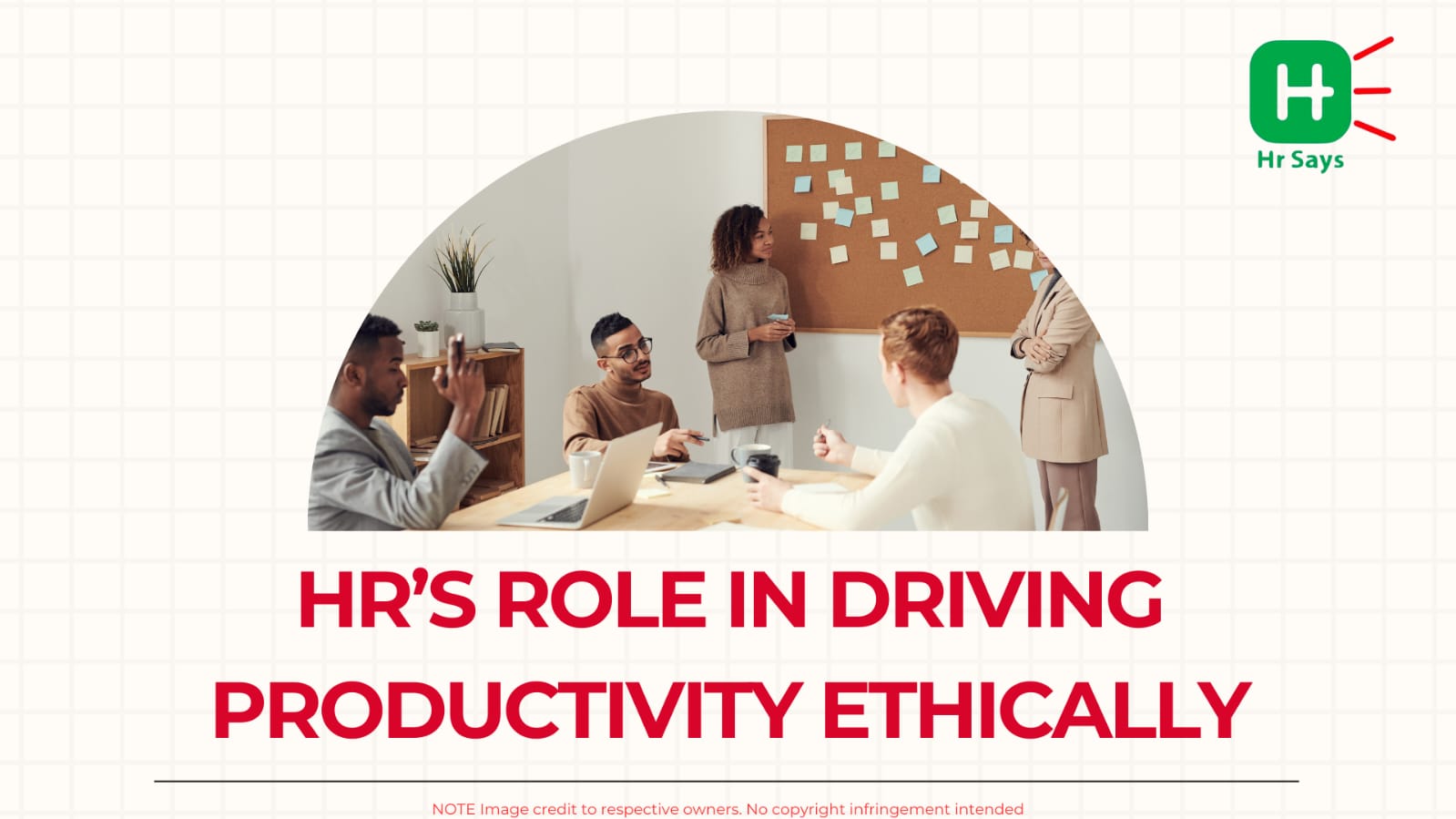
.jpeg)
.jpeg)